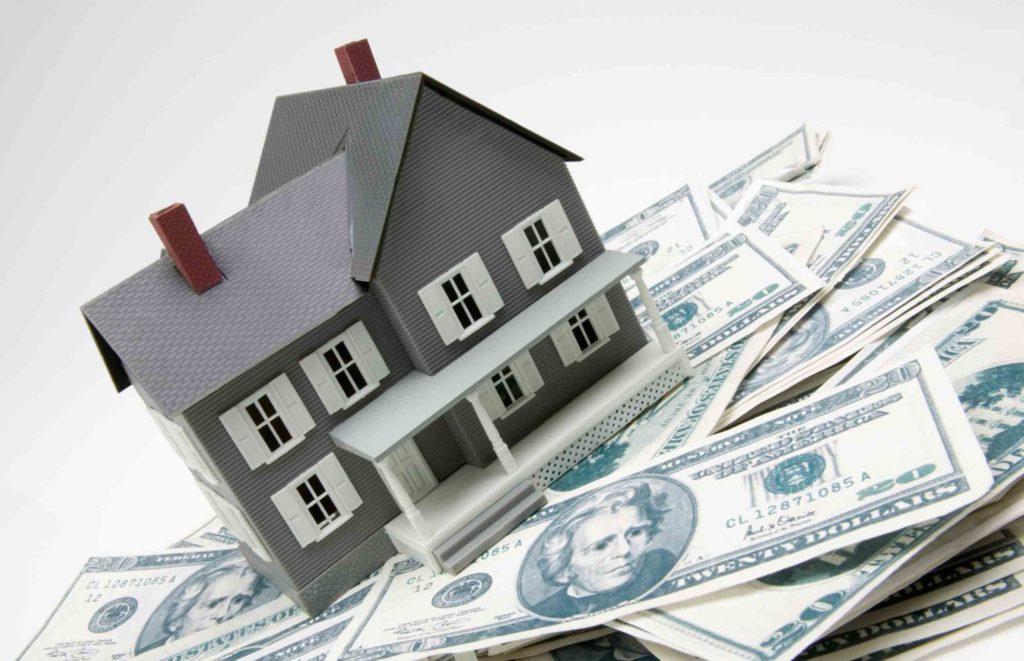
A home equity loan is a loan secured by the equity in your home. The borrower gets a one-time lump sum, which must be repaid over a fixed term with equal monthly payments.
Home equity loans can be a convenient and flexible way to borrow money from your home on the cheap when done right. (It’s a lot less costly than carrying a balance on your credit card.)
In order to get the most out of your home equity loan, you want to use the borrowed funds on something that’s likely to help improve your financial wellbeing in the future. You’ll also want a plan in place to pay it back in a reasonable period of time. (It can be easy to fall into the trap of only paying the interest, but you’ll literally find yourself in the same place several months or years later.)
Just how much equity can you borrow from the equity in your home using a home equity loan? Currently, you’re able to borrow up to 65% of the appraised value of your home. But keep in mind that your mortgage and home equity loan together can’t exceed over 80% of the value of your home.
Now that you understand how home equity loans work, let’s look at a couple good ways to use a home equity loan in an effective way.
Home Renovations
Home renovations are a popular use of home equity loans. Whether you’re looking to spruce up your home before you put it on the market or you’re fixing it up to personally enjoy, a home equity loan is a relatively cheap source of financing.
However, it’s important to be aware that the return on investment on most home renovations isn’t great. If you’re renovating the basement to rent out your place to tenants, it can be a good use of a home equity loan, but if you’re using it to install a swimming pool, it’s fine as long as you’ll enjoy it, but it tends to return in a poor return on investment when it comes time to sell your property. Other good places to invest your renovation home bucks include the kitchen and bathroom.
Debt Consolidation
Are you carrying a lot of high-interest debt? Using a home equity loan to pay off credit card debt, car loans, student debt and unsecured lines of credit can be a great use of it. Basically, any debt that’s at an interest rate higher than your home equity loan is a candidate for rolling into your home equity loan. Not only can this help you pay down your debts sooner, you can save a lot on interest, too.
Just remember that you’re not immune to the mortgage stress test. You’ll still need to pass it in order to consolidate your debts. Since you’re required to qualify at a mortgage rate 2% higher than the interest rate on your home equity loan, it can make it tougher to qualify if you’ve accumulated a lot of debt since you initially signed up for your mortgage.
Note: This is a sponsored post by Smarter Loans, but was written and edited by me.